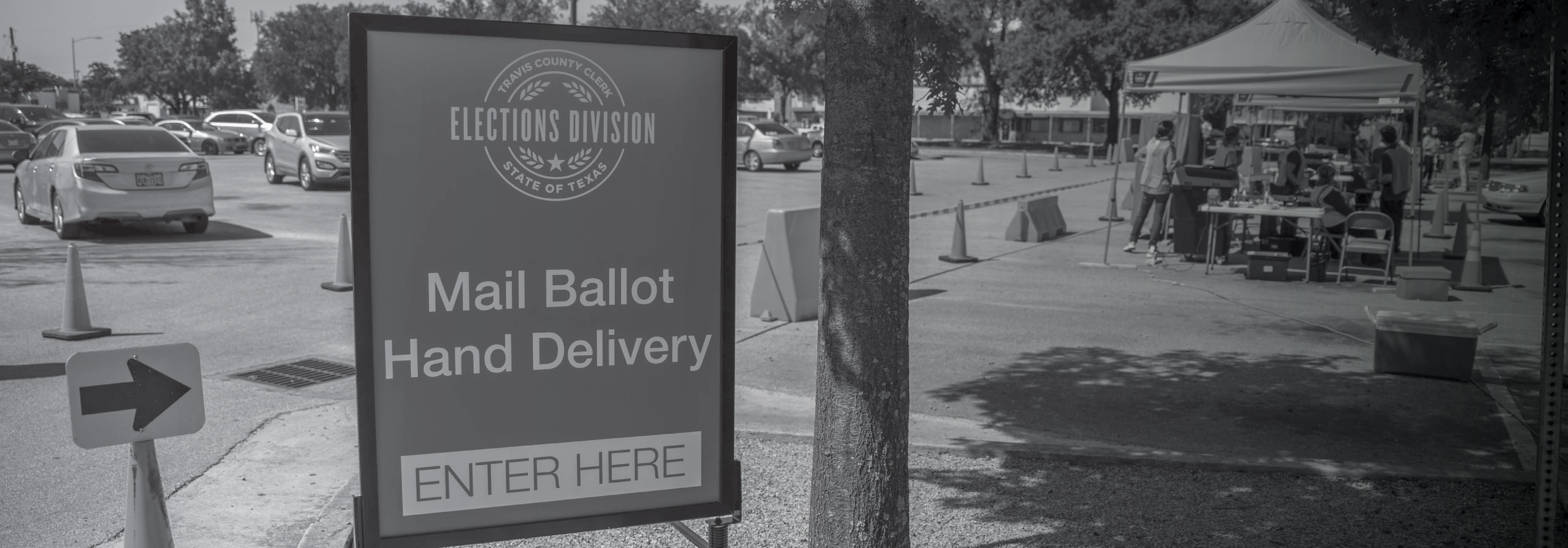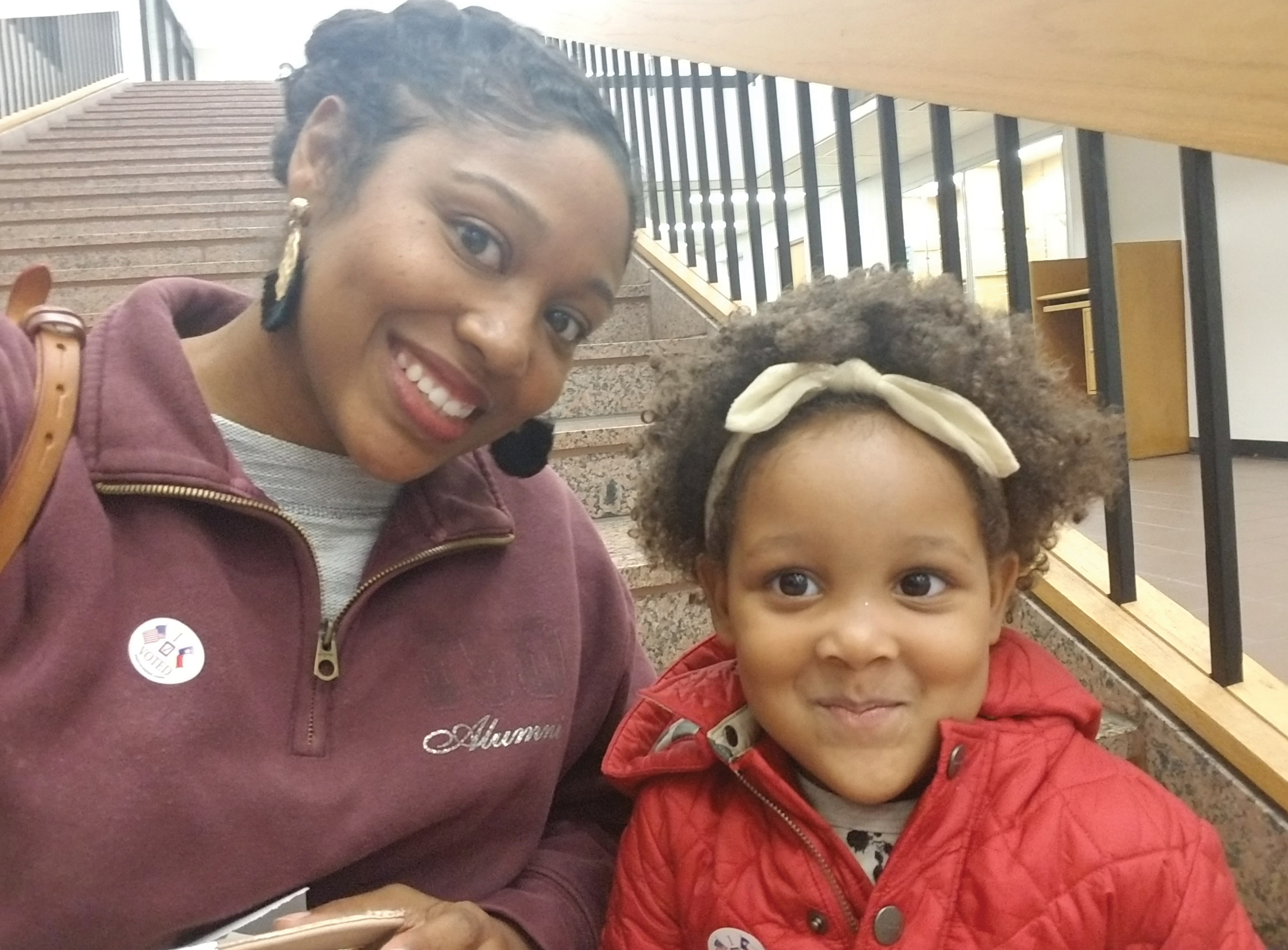3Federalism

WHAT GOVERNMENT DOES & WHY IT MATTERS Brittany Hyman of Harris County, Texas, wondered how she could vote safely in the November 2020 election. Her schedule was hectic—she had just accepted a new job as executive director of marketing and communications, and the coronavirus pandemic had shut down her toddler’s school, forcing her to homeschool. More importantly, she wanted to avoid crowds to protect her family from the virus; Brittany was pregnant, and the entire family had been quarantining carefully to protect the new baby. Fortunately, her county had recently created drive-through voting, by which voters remain in their cars, show a photo ID and verify their voter registration, and cast their ballots on portable voting machines. The closest location was just minutes away. “What was really great was that I was able to tie the experience to my daughter’s homeschooling,” Brittany said. “I am by no means a teacher, but I was able to work in a lesson about voting—what voting is and why it’s important. She was able to ride with me and see me vote and then they gave her a sticker.”1 Despite the pandemic, Texas experienced one of its highest voter turnouts in recent history, especially among Black and Latino voters.
Less than a year after the 2020 election, however, the Texas legislature passed a law to ban drive-through voting. Signed by Republican governor Greg Abbott, this law contains a variety of restrictions on how and where citizens can vote. Voting advocates say that the changes will disproportionately affect the ability of Black, Latino, disabled, and older voters to cast their ballots. Texas was able to make these changes because in 2013 the Supreme Court struck down a provision of the Voting Rights Act of 1965 that required localities and states with a history of voter discrimination (like Texas and others) to get federal approval for any proposed changes affecting voting.
The new Texas law set up a profound fight over federalism, the allocation of responsibilities across the nation’s different levels of government. On one side were state lawmakers, often Republicans, who championed the ability of states to set their own voting rules. On the other side were voter advocates who urged national legislation that would protect ballot access, including the John Lewis Voting Rights Advancement Act, named after the civil rights activist and long-time U.S. representative who died in 2020. The act would restore preclearance and prevent laws with a disproportionate impact on racial, ethnic, or language mino rity groups.

These struggles over voting standards engage some of the oldest questions in American government: What is the responsibility of the federal government, and what is the responsibility of the states? Some responsibilities, such as inter national relations, clearly lie with the federal government. Others, such as divorce laws, are controlled by state governments. In fact, most of the rules and regulations that Americans face in their daily lives are set by state and local governments. But subnational control raises another question of federalism: When should there be uniformity across the states, and when is it better to let states and localities adopt their own policies based on the needs and desires of their own population?
Given overlapping responsibilities and policy variation across subnational units like cities and states, the American form of federalism inevitably brings conflict. At its heart, federalism is about power. And the debate about “who should do what” remains one of the most important discussions in American politics.
CHAPTER GOALS
Endnotes
- Fabiola Cineas, “Here’s How Hard It Is to Vote in Texas,” Vox, July 22, 2021, www.vox.com/22585717/how-hard-to-vote-in-texas; Alexa Ura, “The Hard-Fought Texas Voting Bill Is Poised to Become Law. Here’s What It Does,” Texas Tribune, August 30, 2021, www.texastribune.org/2021/08/30/texas-voting-restrictions-bill/ (accessed 10/17/21). Return to reference 1